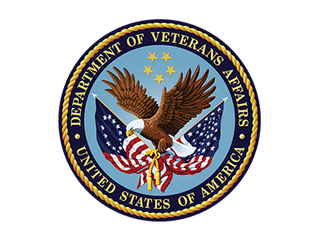Nurse Burnout Reaches New High as Latest Omicron Variant Surges

COVID seems to be less and less on the mind of many Americans today. We are all going out with very little-to-no restrictions and our lives seems to have gotten back to normal. The problem is The Omicron variant is still sweeping our nation.
Since the latest variant still keeps surging through our population, there is still one group of people who are still operating lack it’s back in the heyday of the lockdown: nurses.
A recent survey of nurses notes that 64% are looking to leave the health-care profession – which is nearly a 40% increase from a year ago. In that survey, nearly 75% of those nurses said they’ve felt burnout since the pandemic began, and 50% have said they experienced some sort trauma, massive stress or PTSD since the onset of the pandmic.
CLICK HERE FOR ORIGINAL ARTICLE
“Our nurses are the backbone of our health system,” said Dr. Dani Bowie the vice president of clinical strategy and transformation at Trusted Health, a nurse staffing start-up that released the survey. “So, if they're not operating out of their best state, it's very detrimental to the wellbeing of our community and our patients.”
The pandemic has exacerbated the US nursing shortage as overworked and ill-treated health-care workers have quit en masse. Half of the nurses surveyed by Trusted Health said they had been verbally attacked by patients or their family members; almost a quarter said they’d been physically assaulted.
The US Bureau of Labor Statistics forecasts an annual average of 194,500 openings for registered nurses through 2030. The data released Wednesday suggests as the pandemic drags on and hospitalizations again tick up things aren’t getting any better — only worse.
In March, the American Hospital Association sent a letter to the Department of Justice to support legislation to create federal protections against assault and intimidation for healthcare workers. One study found 44% of healthcare workers experienced verbal and physical harassment in the first few months of the pandemic.
Despite increased attention and the urgency on nurse burnout during the pandemic, almost all nurses surveyed by Trusted Health said their mental health wasn’t a priority or that there were inadequate measures in place to support them.
“As a manager, I really struggled to provide that support to my 85 nurses because I didn't know what my health system provided in regards to caring for the wellbeing and mental health of my nurses,” said Bowie, who worked as a nurse for almost a decade. “I was caught up in trying to schedule and staff all the time, so it was a really challenging environment.”
“Workplace violence has severe consequences for the entire health care system,” wrote Richard J. Pollack, the president and chief executive officer for the American Hospital Association in a March letter to US Attorney General Merrick Garland. “Not only does it cause physical and psychological injury for health care workers, but workplace violence and intimidation make it more difficult for nurses, doctors and other clinical staff to provide quality patient care.”






